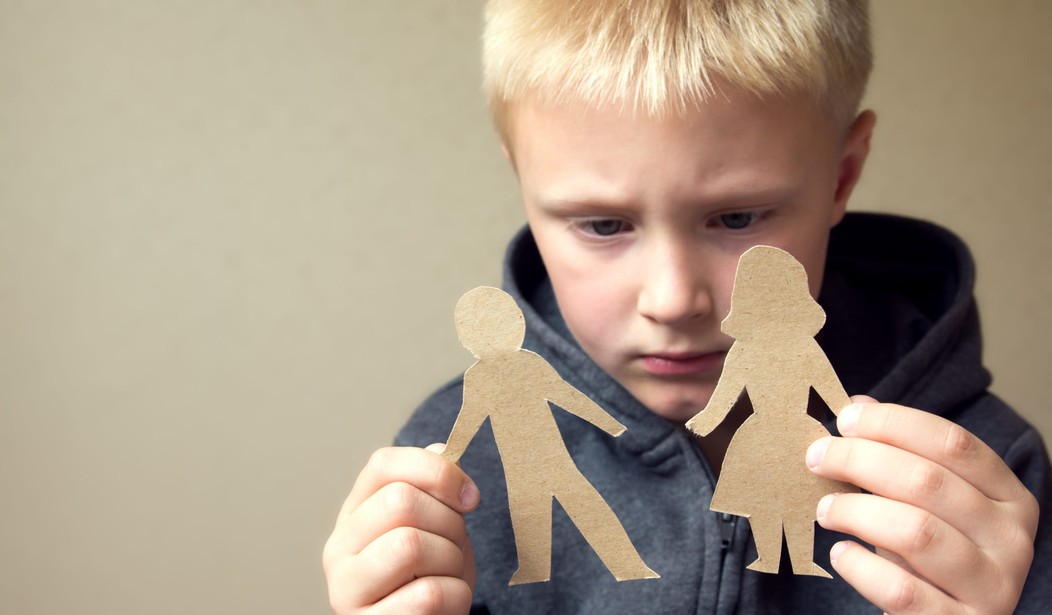Australian officials are combing through children’s books — and toys — in kindergartens, schools, and libraries, aiming not just to promote “gender neutral” options but to avoid “gender stereotyping” of any kind.
At least two city councils in the Australian state of Victoria — Manningham and Melbourne, specifically — have started “auditing” children’s books, ultimately considering a kind of ban on the terms “boy” and “girl.”
The effort follows research from the Australian National University showing that children were influenced by “gender stereotyping.” The research suggested that educators should “minimise the extent to which gender is labelled” and avoid telling children what girls and boys should do, News.com.au reported.
In seeking to undermine “gender stereotypes,” activists seem willing to promote confusion among children, undermining the important discoveries kids make about gender early in life.
Parents were none to pleased to hear the news.
“For goodness sake, this is social engineering gone crazy,” Marie Hardwick wrote on Facebook. “Leave kids alone to be kids. Stop trying to destroy kids’ childhoods.”
Sarah Lovejoy, mother of a 2-year-old daughter, responded to a video on the Australian TV show Sunrise’s Facebook page.
“This needs to stop. I’ve got a two-year-old daughter (yes I picked her gender based on what genitals she was born with) and she plays with cars, trains, tractors, Barbies, dolls and uses her imagination and pretends she’s cooking food or being a doctor,” Lovejoy argued. “Let’s just let kids be kids.”
“Banning the availability of anything, or taking choice away, is definitely the wrong way to go about making classrooms gender neutral,” Billie Deborah Chin wrote. “It should be about making everything available to everyone.”
Defenders of the idea cited studies showing that girls and boys develop gender preferences early in life and that toys are becoming more gender stereotyped. “The research is actually very interesting,” commentator Cath Webber said. “What they’re telling people to do is … don’t tell girls they have to play with Barbies and don’t tell boys they have to play with Lego.”
Webber insisted that the female deficit of interest in science, technology, engineering, and math (STEM) may trace back to the idea that Legos are for boys. Lego actually makes a broad range of toys — for boys and girls — and it is arguably likely that boys generally gravitate toward objects more and girls generally gravitate toward people.
As The Wall Street Journal‘s Michael Taube noted, Australia’s social justice warriors attempted to maintain calm, assuring parents that their kids’ Winnie the Pooh and Thomas the Tank Engine books were safe. Tania King, one of the authors of the recent paper on minimizing gender “labelling,” argued that the entire hubbub emerged from one line misquoted from her 40-page literature review.
Taube countered, however, that the review, “Building Children’s Resilience through Respectful Gender and Equitable Relationships Pilot Project,” had whole chapters devoted to gender stereotyping. “This includes how boys and girls determine toys to be masculine or feminine, and how girls who play with feminine toys think about career choices, social justice and parenting styles,” he explained. Indeed, a search for “stereotypes” in the paper brings up no less than ninety-two matches.
Taube noted a few glaring recommendations: “Avoid distinction on the basis of gender,” “avoid hyperfeminised toys such as Barbie and Bratz dolls,” and “use story time to introduce themes of gender equity.” The authors pushed “interesting and desirable alternatives to princess costumes” and urged that toys be “examined to ensure that they are not cueing gender associations in either subtle or overt ways, in their colour, shape or decoration.”
Every trace of gender “stereotypes” must be ferreted out and examined. Parents might find these specific details even worse than the basic idea of cutting out “boy” and “girl” from all available children’s books.
While it is laudable to seek out ways to encourage women to consider STEM, social engineering is not the way to go about this. Removing gender “labelling” will likely undermine the ability of young boys and girls to discover and navigate the complexities of gender, aided by the certainty and order of identifying their own gender and associating with same-gender peers.
The Australian authorities might be merely examining the realities of how gender is presented to children in books, toys, and various other mediums, but if the city councils are operating off of the assumption that gender should not even be “labelled,” it seems parents were right to be suspicious.









Join the conversation as a VIP Member